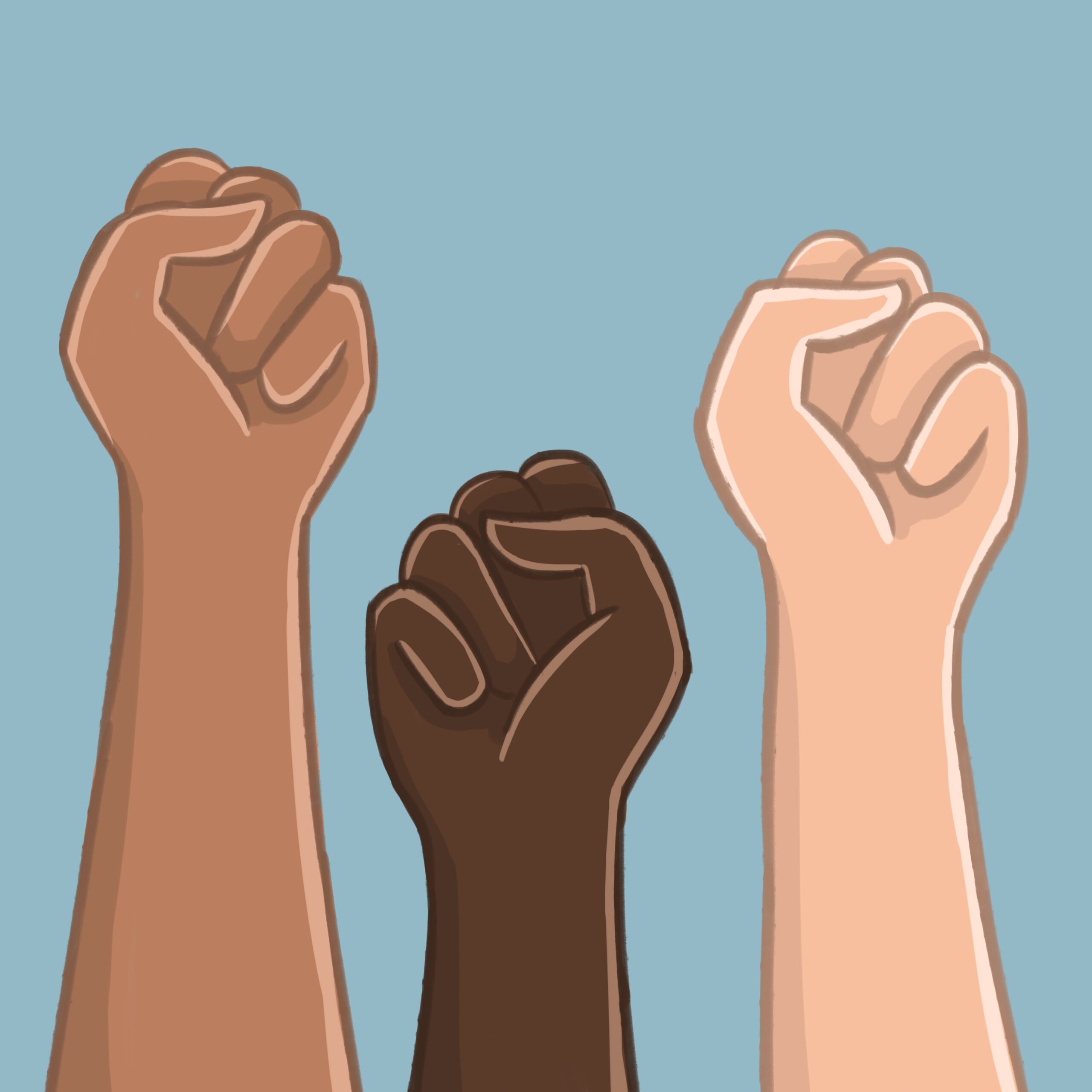By Emmet McGeown
Los Angeles residents continue their demand for racial equality
Breonna Taylor, a Louisville EMT, would have turned 27 years old on June 5th. Instead, on March 13th, Ms. Taylor was shot 8 times while asleep after police officers entered her home without knocking. The young woman was not forgotten at Friday evening’s LA protest. The administrators of the march passionately expressed how this case of police brutality is emblematic of the chronic racial inequality which has defined the US criminal justice system since the nation’s conception.
The atmosphere of the march was boisterous. The Five Stairsteps’ “O-o-h Child” played at the event and defined the hope for a better future omnipresent with lines like, “things are gonna get easier… things are gonna get brighter.” Protestors fed off each others’ energies with chants of “No Justice, No Peace,” “Whose streets? Our streets,” mixed with an eclectic concoction of cheers. Indeed, the emphatic beeps of car horns, the banging of pots and pans from apartments above the street, and a sea of signs created a powerful spirit that, in the moment, felt indomitable.
One of the most inspiring aspects of the protest was the mélange of ethnicities in attendance. The multicolored faces of the crowds formed a microcosm of America – a new America. This diverse movement circled downtown Los Angeles, walking past boarded-up businesses that still bore the scars of previous nights. Much to the credit of the protest’s organizers, they were determined to reject the vandalism that had wounded the essence of the movement’s message earlier in the week. They wished to emulate Dr. Martin Luther King Jr.’s tactics of non-violence, aspiring to make progress in King’s fight that must still advocated for.
At several points throughout the protest attendees were asked to take a knee. The profound purpose of this act was revealed at the conclusion of the event. “It’s uncomfortable isn’t it?” asked one protest organizer stuttering on her own passion, “Well imagine what it felt like for George Floyd for 8 minutes and 46 seconds!” Her vehemence echoed throughout the crowd as applause ruptured the silence of intent listening.
As the California sun dipped below the horizon, thousands ascended upon City Hall where a vanguard of LAPD lined the entrance. The protestors were nourished by a plethora of free snacks provided by supportive local vendors. The march culminated with a moving tribute to Ms. Taylor on the steps of City Hall. Here, the crowd sang “Happy Birthday” to yet another martyr of the African American community in what appears to be an endless struggle for equality. Stories like Breonna Taylor’s tell a hauntingly familiar tale of racism in our country, and these injustices haven’t ceased during quarantine. The 360 Magazine “Minority Report” details all of the acts of racial inequality during the COVID-19 pandemic.
The crowd was rife with enthusiasm for change but there was also a portentous understanding that this is not the last march for justice. However, the prevailing attitude was one of passion in hope that, despite the brutality of US history, America has finally reached a social crescendo free of the injustice that has characterized the country’s nascence.
So, what does all this mean? Well, the protestors and organizers were eager to proclaim a sizeable achievement they have garnered thanks to this movement. One of which is LA Mayor Eric Garcetti’s revision of the proposed city budget. In this revision, $150 million from the LAPD will be diverted towards healthcare, jobs, and education opportunities in communities of color. It is unclear whether stripping funds from the police will make the streets safer for people of color, yet protestors saw this as a victory for the Black Lives Matter movement.
The push to reduce police power will undoubtedly clash with President Trump’s call for “law and order.” Trump’s adoption of the infamous Nixonian verbiage and allusions to “vicious dogs” and “ominous weapons” has inflamed tensions in Los Angeles. In general, the president’s responses to BLM movements have done little to soothe California’s most populous city. A city, that only 28 years ago, was the epicenter of mayhem after a jury acquitted four police officers of using excessive force against black LA resident Rodney King. Thus, almost 30 years after the Rodney King riots and 50 years after the civil rights movement, one is still left wondering: do Americans trust law enforcement?






